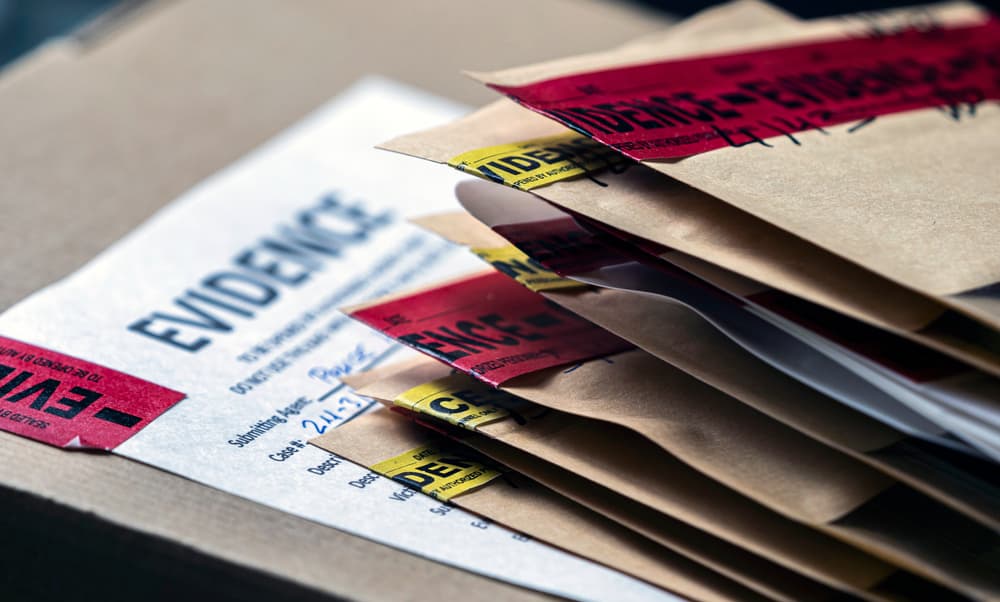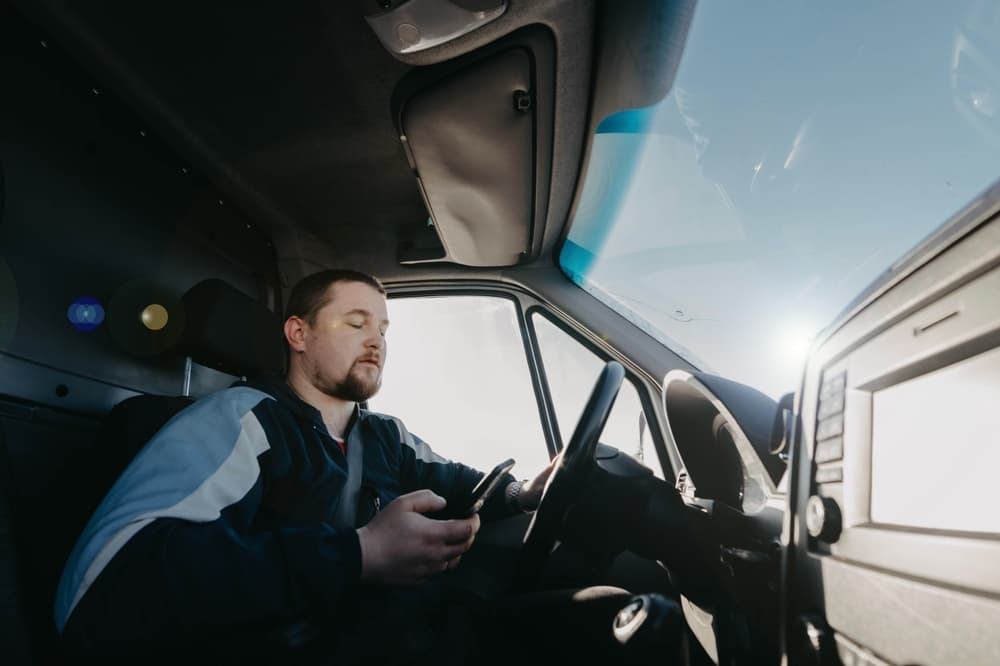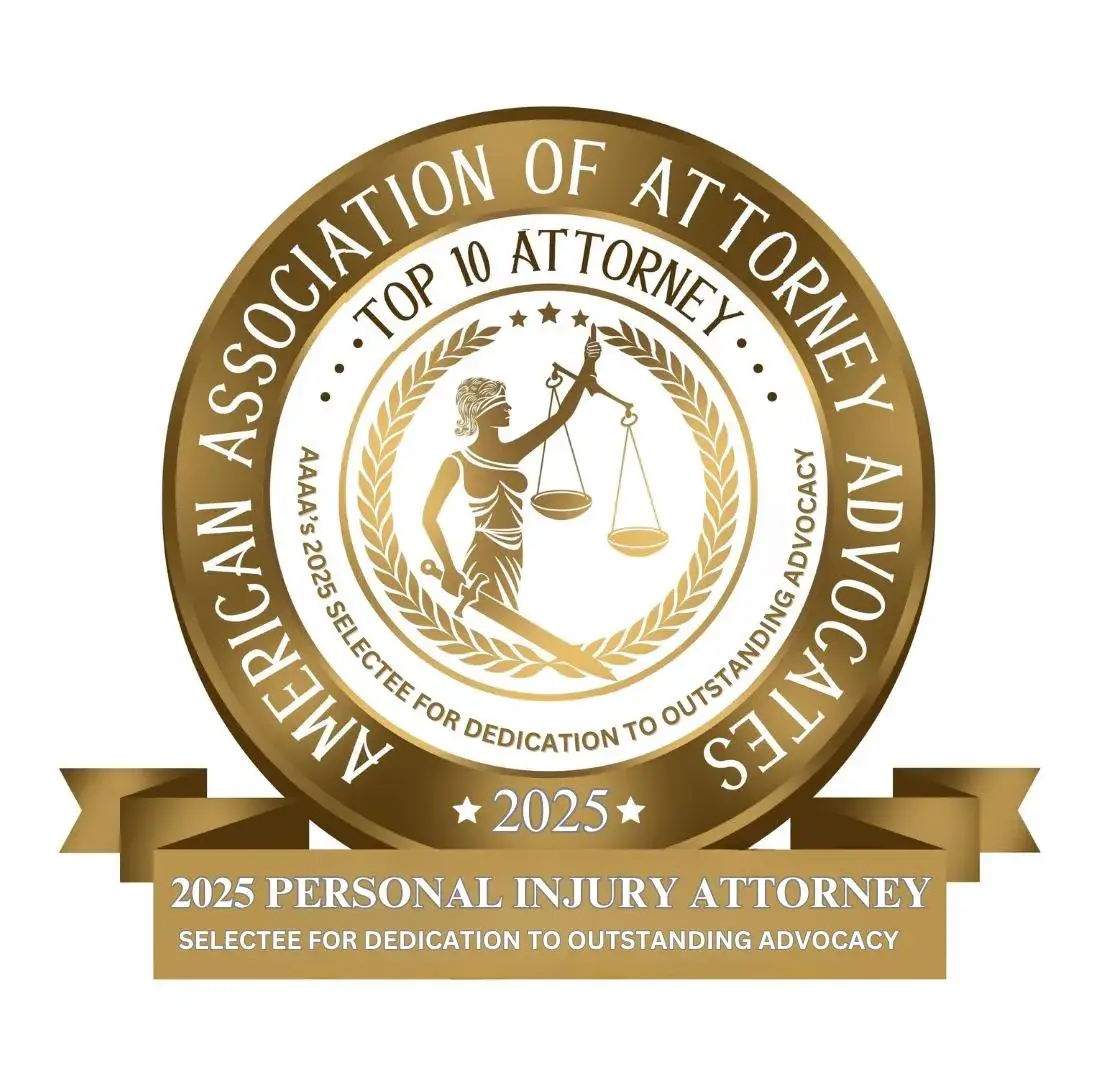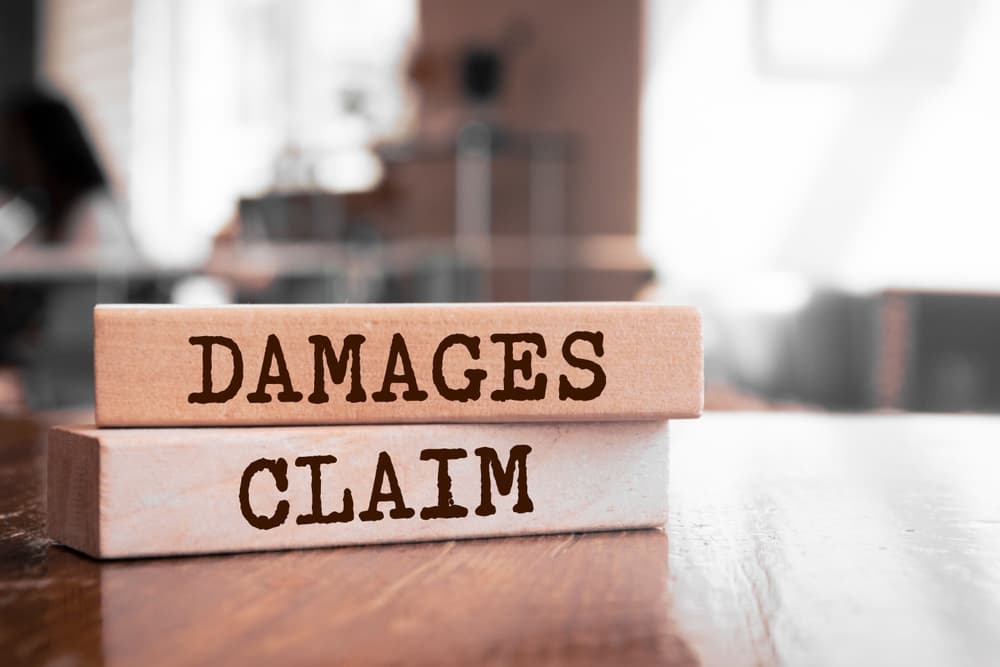
What Damages Can You Recover After a Serious Trucking Accident?
After a serious trucking accident, those injured are entitled to seek financial compensation, known in legal terms as “damages,” for a wide range of losses that extend far beyond initial medical bills. This financial recovery is a crucial component of the civil justice system, designed to help victims rebuild their lives by addressing not only tangible, out-of-pocket costs but also the profound personal and emotional harm caused by the crash.
Understanding the specific types of damages available can give insight into the damages you may recover after a serious trucking accident.
The Two Main Categories of Damages
In a personal injury claim, damages are typically separated into two primary categories: Economic Damages and Non-Economic Damages. Think of them as the tangible and the intangible losses you have suffered. Both are critically important in painting a complete picture of how the accident has impacted your life.
Part 1: Economic Damages – The Measurable Financial Losses
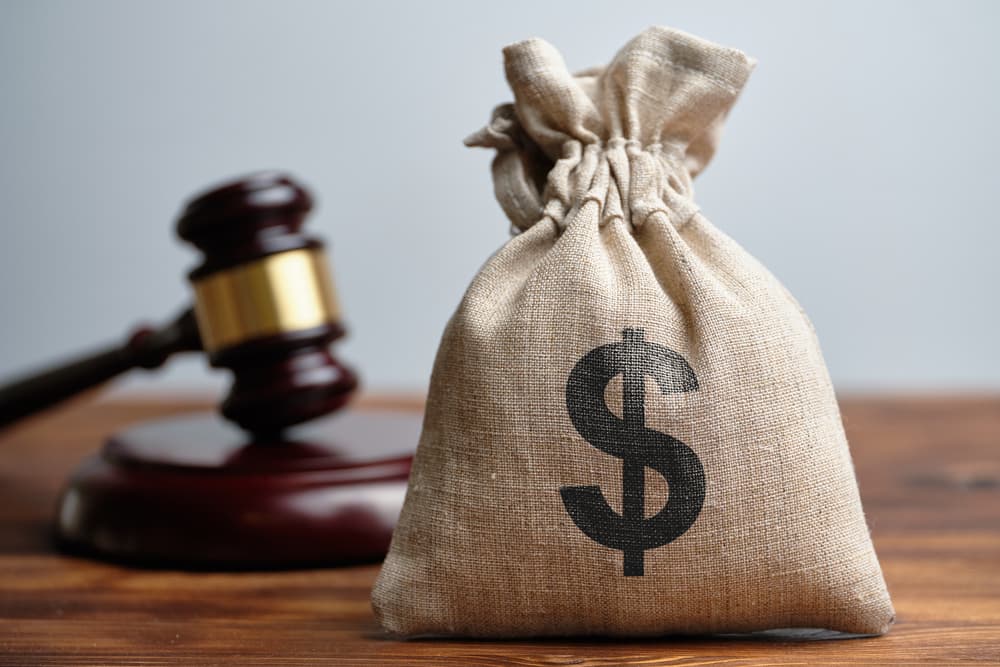
Economic damages are the most straightforward type of compensation because they represent direct financial losses that can be calculated and proven with bills, receipts, and financial records. They are the foundation of any personal injury claim.
1. Medical Expenses (Past, Present, and Future)
This is often the largest component of an economic damages claim. A collision with an 80,000-pound commercial truck can cause catastrophic injuries requiring extensive medical care. Your claim should account for every single dollar spent on your recovery.
- Immediate Medical Care: This includes the cost of the ambulance ride from the scene, emergency room treatment, diagnostic imaging like X-rays, CT scans, and MRIs, and any initial surgeries.
- Hospitalization and Inpatient Care: The cost of hospital stays, including ICU care, can be astronomical. This category covers your room, board, medications administered, and procedures performed during your stay.
- Ongoing and Future Medical Treatment: Serious injuries rarely heal overnight. Your recovery for damages must include the projected costs of future care, which could span years or even a lifetime. This may include:
- Rehabilitation
- Follow-up Surgeries
- Specialist Consultations
- Prescription Medications
- Medical Devices
- In-Home Care
It is absolutely vital to account for future medical needs. An experienced legal team works with medical experts and life care planners to create a detailed, evidence-based projection of your future medical costs to ensure you are not left with unpaid bills years from now.
2. Lost Wages and Loss of Earning Capacity
A serious injury doesn’t just affect your body; it impacts your ability to provide for yourself and your family.
- Lost Wages: This is the income you have already lost from being unable to work during your recovery. It’s calculated based on your pay stubs, employment records, and tax returns from before the accident. This includes not just your hourly wage or salary, but also any lost overtime, bonuses, or commissions you would have earned.
- Loss of Future Earning Capacity: This is a more complex but critically important damage. It addresses how the injury will affect your ability to earn a living for the rest of your working life.
- What if you can never return to your previous job? A construction worker from Hackensack with a severe back injury can no longer perform manual labor. A dental hygienist from Fort Lee with permanent nerve damage in her hands can no longer practice her profession.
- What if you can work, but only in a lower-paying job or for fewer hours? The difference between what you would have earned and what you can now earn over the course of your career is a recoverable damage.
Proving loss of earning capacity often requires the testimony of vocational experts who can assess your skills, education, and physical limitations to determine the true financial impact of your injuries on your future.
3. Property Damage
This is the most immediate financial loss. It covers the cost to repair your vehicle. If your car was declared a total loss in a crash on Route 17 or I-95, this damage covers its fair market value at the time of the accident. It also includes the cost of any personal items inside the car that were destroyed, such as a laptop, cell phone, or child car seats.
4. Other Out-of-Pocket Expenses
Life continues after an accident, but it’s often more expensive. You can recover costs for other reasonable and necessary expenses that you only have because of your injury, such as:
- Transportation costs for trips to and from doctor’s appointments.
- The cost of modifying your home or vehicle to accommodate your new physical reality, such as installing a wheelchair ramp or hand controls for your car.
- The cost of hiring help for household chores you can no longer perform, like cleaning, yard work, or childcare.
Be sure to keep meticulous records of every single expense. Every receipt is a piece of evidence.
Part 2: Non-Economic Damages – The Human Cost of the Accident
Non-economic damages are meant to compensate you for the profound, personal, and non-financial ways the accident has diminished your quality of life. These losses don’t come with a price tag, but they are just as real—and often more devastating—than the financial costs. Putting a dollar value on this suffering is one of the most important functions of the civil justice system.
1. Pain and Suffering
This refers to the physical pain and discomfort you have endured because of your injuries. It includes the pain from the moment of impact, the agony of medical procedures and surgeries, and the chronic, daily pain that may stay with you for the rest of your life. It considers the nature of the injury, the severity of the pain, and how long you are expected to suffer from it.
2. Emotional Distress and Mental Anguish
The psychological wounds from a traumatic event can be as debilitating as the physical ones. This damage category acknowledges the immense emotional toll of the accident. This can manifest as:
- Anxiety and Depression: A constant state of worry, sadness, or hopelessness.
- Post-Traumatic Stress Disorder (PTSD): Sufferers may experience debilitating flashbacks, nightmares, and severe anxiety triggered by reminders of the crash, like the sound of a truck’s air brakes.
- Fear and Phobias: A new, rational fear of driving, being near large trucks, or even leaving the house.
- Insomnia and Sleep Disturbances: The inability to rest due to pain or anxiety.
- Grief and Humiliation: Mourning the loss of your former self and feeling embarrassed or ashamed of your new limitations.
3. Loss of Enjoyment of Life (Hedonic Damages)
This is one of the most personal and significant types of non-economic damage. It seeks to compensate you for your inability to participate in and enjoy the activities that once brought you joy and fulfillment. Your life is made up of more than just work and medical appointments. It’s about the small moments and the big traditions that give it meaning.
Think about what has been taken from you:
- Can you no longer kneel to garden or play on the floor with your grandchildren?
- Have you been forced to give up your favorite hobby, like hiking the trails at the Palisades Interstate Park or playing in a local softball league in Hackensack?
- Are you unable to attend weekly services at your synagogue in Teaneck or church in Englewood because of pain or mobility issues?
- Can you no longer enjoy the vibrant community gatherings and family celebrations that are so central to life in Fort Lee’s Korean community?
- Is the simple pleasure of a walk through your neighborhood in Lodi or a family dinner in Ridgefield now a painful ordeal?
This damage acknowledges that your life has been fundamentally altered and diminished, and it seeks to provide justice for that loss.
4. Loss of Consortium
This is a unique claim that belongs to the uninjured spouse of the accident victim. It compensates the spouse for the loss of companionship, support, affection, intimacy, and services that their partner can no longer provide because of the accident. The law recognizes that when one spouse is catastrophically injured, the marriage itself suffers a profound loss.
A Special Category: Punitive Damages
In some rare cases, a third category of damages may be available: Punitive Damages.
Unlike economic and non-economic damages, which are designed to compensate you for your losses, punitive damages are designed to punish the defendant for extremely reckless or malicious behavior and to deter others from acting in a similar way.
In a trucking accident case, punitive damages might be awarded if it can be proven that the trucking company engaged in grossly negligent conduct. For example:
- Knowingly hiring a driver with a history of DUIs or reckless driving.
- Encouraging or forcing drivers to violate federal hours-of-service rules to meet deadlines, leading to driver fatigue.
- Intentionally falsifying maintenance logs and sending a dangerously unsafe truck out on the road.
- Destroying evidence after a crash.
The standard for proving entitlement to punitive damages is very high, but when a company’s conduct shows a shocking disregard for public safety, these damages serve as a powerful tool for justice and change.
What About a Wrongful Death Claim?
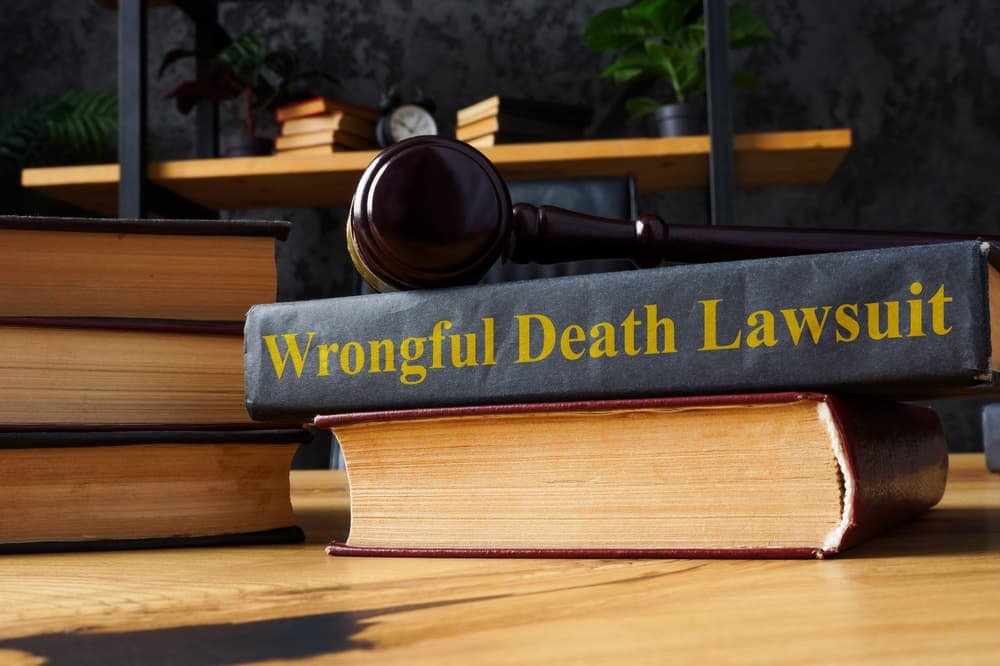
In the most tragic cases, a trucking accident results in the loss of a loved one. When this happens, certain surviving family members can file a wrongful death lawsuit to recover damages. While no legal action can ever replace a family member, it can provide a measure of justice and crucial financial stability for the family left behind.
Damages in a wrongful death case can include:
- Medical expenses incurred by the deceased before their passing.
- Funeral and burial expenses.
- The loss of the financial support the deceased would have provided to the family.
- The loss of the deceased’s companionship, guidance, care, and support.
This is an unimaginably difficult path to walk, and it is one that no family should ever have to walk alone.
Bringing It All Together: Why This Matters for You
A serious truck accident can leave behind a storm of medical bills, insurance adjusters, and uncertainty. The insurance company for the trucking firm has a team of professionals whose job is to protect their bottom line by paying out as little as possible. They may try to offer you a quick, low settlement that doesn’t even begin to cover the true, long-term cost of your injuries.
Understanding the full scope of damages you are entitled to is your shield. It is the knowledge that protects you from being taken advantage of during one of the most vulnerable times of your life. Your story isn’t just a claim number; it’s a story of a life interrupted. It’s a story about a person, a family, and a community. The law is designed to hear that story and to ensure that you are compensated for everything that was taken from you.
While understanding these damages is crucial, navigating the complex legal system to actually recover them is another challenge entirely. This is where having a dedicated, experienced, and compassionate team on your side can make all the difference.
Truck Accident Lawyers You Can Trust
At Maggiano, DiGirolamo & Lizzi, P.C., we understand what you are going through. For over 40 years, our personal injury lawyers have been serving the people of Fort Lee, Hackensack, the Bronx, and the surrounding communities. We are not just lawyers; we are your neighbors.
We represent the person next door—the parent, the worker, the community member whose life was turned upside down by someone else’s negligence. Our primary focus is on complex trucking accident cases. We know the federal regulations, we know how trucking companies operate, and we know how to fight for you. We are a rare firm that also handles workers’ compensation, allowing us to see the whole picture and maximize recovery for our clients who are injured on the job.
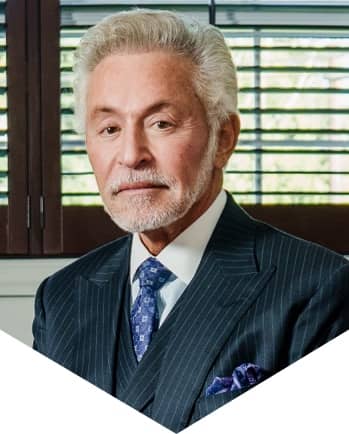
You are not just another case file to us. You are a unique person, and we stand in your shoes, learning everything about your life so we can tell your complete story. You don’t just get one lawyer; you get a team of 30 professionals dedicated to your case. And we do it all on a contingent fee basis, which means we don’t get paid attorney’s fees unless we win your case.
If you or a loved one has been seriously injured in a trucking accident, please do not face this alone. Contact the truck accident attorneys at Maggiano, DiGirolamo & Lizzi today at (201) 585-9111 or through our online form for a free, no-obligation consultation. Let us help you understand your rights and fight for the justice and compensation you deserve.



